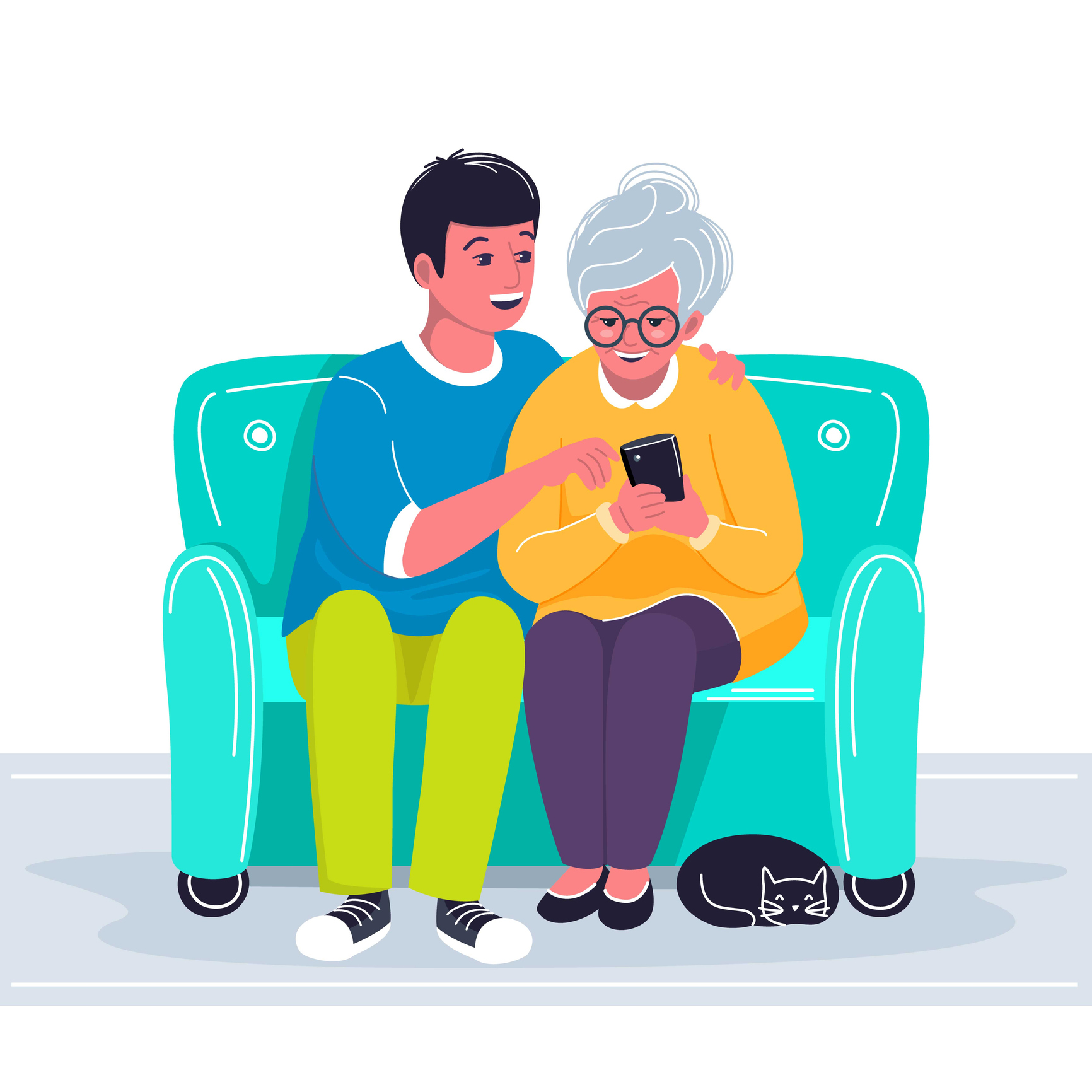
Are some adults more at risk from Covid-19 measures?
- New figures suggest almost two-thirds of Covid-19 deaths in the UK have been disabled people. There are now calls for an inquiry. (BBC News, 4.07.20)
- More than 22,000 disabled people died from coronavirus, from 2 March to 15 May, making up two-thirds of all deaths. (Office for National Statistics)
- Disabled women 11 times more likely to die of Covid-19 than rest of population.
- From 10th April- 134% rise in deaths of adults with learning disabilities and Autism spectrum disorder (Care Quality Commission).
- Analysis shows 1,029 deaths were recorded in April and May – double the expected 480.
- NHS has launched an urgent review into the findings.
- Unlawful ‘Do Not Resuscitate Orders’ (DNACPR) have been imposed on people with learning disabilities. DNACPR have been put in place because of a patient’s disability, rather than a pre-existing health condition. For example, many charities supporting people with disabilities have reported DNACPR being imposed on patients with epilepsy and downs syndrome. These are not lawful reasons to issue a DNACPR.
- Social and economic factors have also mean that some social groups have been disproportionately impacted by the pandemic
Reports from the Office for National Statistics
- Over 60% of disabled people said they had struggled to access food, medicine and necessities during the pandemic.
- Over 35% of respondents reported increasing levels of psychological distress.
- Nearly half of the respondents highlighted that during the pandemic there has been inaccessible information, confusing guidance and a lack of advice.
- Disabled people feel abandoned and neglected.
- Social care is being cut, reduced or failing to provide protective equipment
Nearly two-thirds of disabled adults say Covid-19-related concerns are affecting their wellbeing.
Wellbeing is intrinsic when we think about safeguarding.
Further Issues
- People who are currently shielding can no longer get statutory sick pay on that basis from 1 August 2020.
- The government have been criticised for not having British Sign Language on their briefings.
- There have been large increases in the number of people providing unpaid care during the pandemic.
- The impact of the ‘Coronavirus Act’, on at risk people’s right to support has reported in people feeling abandoned as support services has been cut.
- People are experiencing high levels of loneliness and isolation.
What challenges have services had?
- Explaining the changes to people they support
- Helping people understand the restrictions and the reason for them.
- Helping people to keep themselves safe.
- Staying in touch with loved ones, a vital part of a person’s wellbeing.
- Keeping busy, healthy, happy.
- PPE making communication difficult for some.
- Ensuring safeguarding concerns are still reported and acted upon, people worrying services have had to be closed. Has communication between services for raising concerns been stopped?
- Introducing and understanding new technology.
- Staff illness.
- Not using agency staff.
- Keeping up morale.
What are some of the positive impacts on services?
- A hockey club for people with physical and learning disabilities in Kent has moved their session online. Sessions are used as an opportunity to socialise and catch up with participants. Some of their activities have included baking, dancing, and Olympic athletes have joined the session to chat with participants. Hear more about their work in our latest podcast.
- Sense have been thinking creatively to make lockdown more fun for their residents. Events have included putting on birthday parties and getting residents involved in gardening.
- The support workers at the Brandon Trust have created a café at home for the residents they support, allowing those missing the cafes can have the same experience at home!
- College Student Ashley Lawrence from the US has designed a facemask for those who rely on lipreading.
Resources
Books Beyond Words– Contains easy to read information about topics such as ‘Beating the Virus’, ‘How to talk to someone when a friend or loved one has died from coronavirus’, ‘Good days and bad days in lockdown’ and ‘When it’s not safe to stay at home: a guide to supporting people at risk of abuse during coronavirus’.
Office for National Statistics have provided details of how coronavirus has impacted individuals by disability status and information on the social impact of the pandemic on people with disabilities in the UK.
Learning Disability England have produced a DNACPR-Support-Pack, to support families and carers in challenging DNACPR orders.
If you have positive stories from your place of work, please share them with us to feature on our website and on social media.
Thank you to the incredible support workers and organisations who have been providing essential care and support to adults at risk throughout the pandemic.
